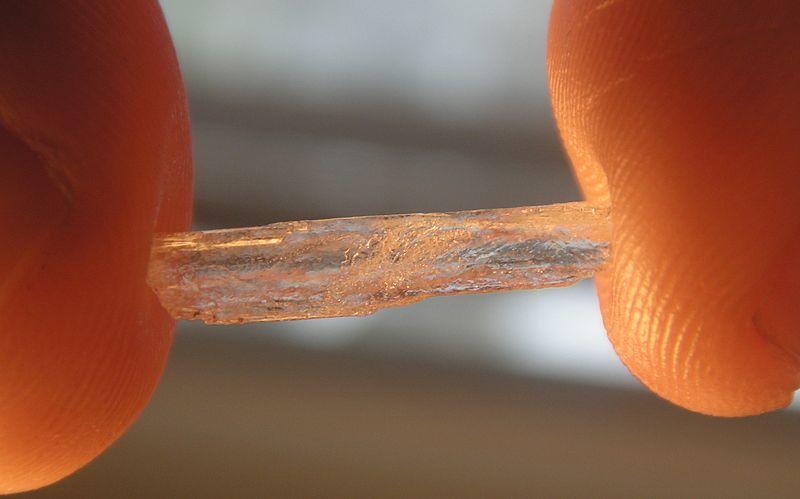The Federal Government has remained focused on mitigating the supply of ice in Australia, according the Angus Taylor, the Federal Minister for Law Enforcement and Cybersecurity.
Mr Taylor said that it was clear there was a “big problem with ice in regional areas” and that the government needed to “continue to go after it”.
According to the most recent report from the National Wastewater Analysis Monitoring Program (NWAMP), the drug ice or methamphetamine is the most commonly consumed illicit drug in Australia.
This report recorded the presence of 12 legal and illegal drugs in Australian wastewater at around 45 locations across the country in late 2017. The study covered about 50% of the total population.
The report followed the results of 3 other reports conducted since 2016 that were all very similar. However this report has revealed that ice use jumped between August and December 2017.
Mr Taylor said that he knew that “about 8.4 tonnes of ice” would be consumed in Australia in 2018. He said that it “continues to be a significant problem” due to the fact the problem “was minimal” a few years ago.
According to Mr Taylor, effective law enforcement is key to tackling the issue. He said that he knew there was an “increasing involvement of now global organised crime”. He went on to say that they have “set up a series of taskforces” and that one of them was working with Chinese authorities and has “intercepted 16 tonnes of drugs”.
Not dissimilar from previous reports, the latest showed that the ice epidemic was most prevalent in regional South Australia and in Adelaide. Following South Australia, Queensland and Western Australia were also seen with higher levels of ice consumption.
The report showed that in New South Wales and Sydney the use of cocaine has grown. Despite this nicotine and alcohol remain the most used drugs.
The wastewater monitoring program is managed by The Australia Criminal Intelligence Commission. Head of the drugs determination at the commission, Shane Neilson, said that the program was useful in showing the location and related demand for drugs across the country.
Mr Neilson said that in spite of the huge amount of “seizures at the border and across the country” that there needs to be a “multigovernmental initiative” that will “handle the demand for drugs”.
He went on to say that “the individual decisions” of many people to take illicit drugs was the primary “challenge”.

